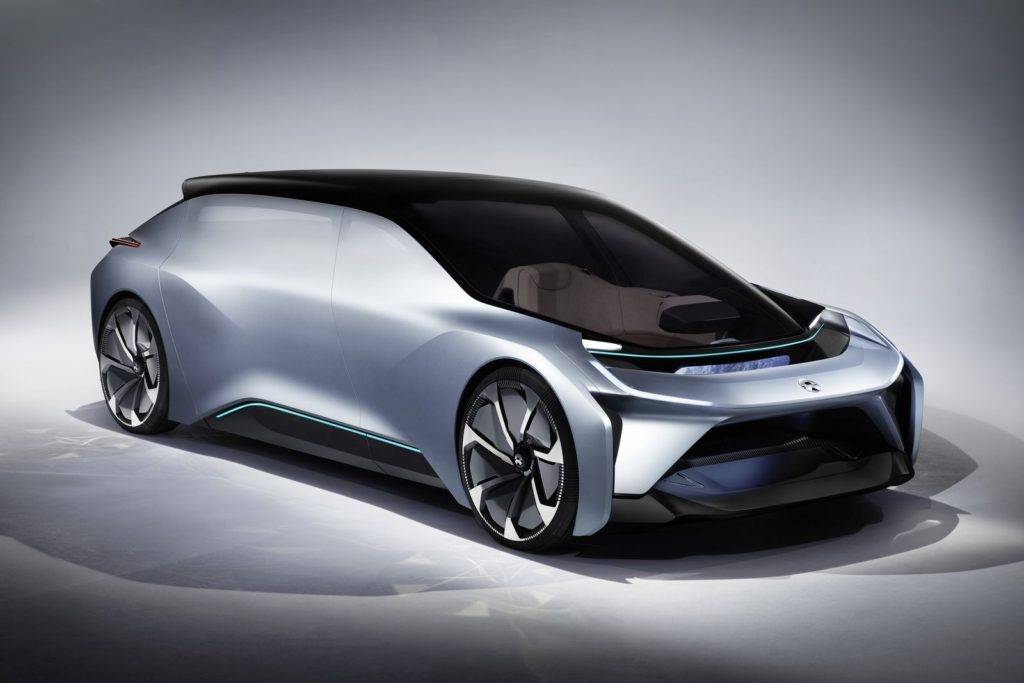Apple, Tesla, Google and Uber have all asked for specific changes to California’s self-driving test policy. The letters come a few weeks before the state’s Department of Motor Vehicles (DMV) reviews new regulation proposals.
The latest company to receive a self-driving permit, Apple, has called on the DMV to redefine “disengagement” and ensure that reports are clearer. The iPhone maker specifically wants disengagement reports to include situations where the driver had to take over to prevent minor traffic violations. This could include disobeying traffic lights, failing to signal, and failure to yield right-of-way in California.
See Also: California legalizes self-driving cars on public roads
Apple also wants to reduce the amount of pointless disengagements, like a server error or if on a construction site. It believes that if the changes are implemented, it will lead to more accurate public reporting.
Even though Apple has a permit to test self-driving vehicles, it has still yet to clock a mile.
Google’s self-driving division, Waymo, which has clocked millions of autonomous miles, has called for automakers to not be held responsible for crashes that aren’t the vehicles fault. In an autonomous world, it is hard to see how the vehicle would not be at fault for a crash, but it could be a move to avoid legal trouble in the future.
Both Apple and Tesla have asked for the California DMV to allow the testing of heavier vehicles, according to Reuters. Tesla has already teased a semi-truck as the next car on the roadmap, to be previewed sometime this year. Apple hasn’t teased anything, but the call does suggest it is working on multiple types of vehicle.
Uber, which has been at odds with the DMV before over its permit system, called for customers to be allowed into self-driving cars with a human driver onboard. The ride-hailing giant is already testing this service in Pennsylvania and Arizona.


















